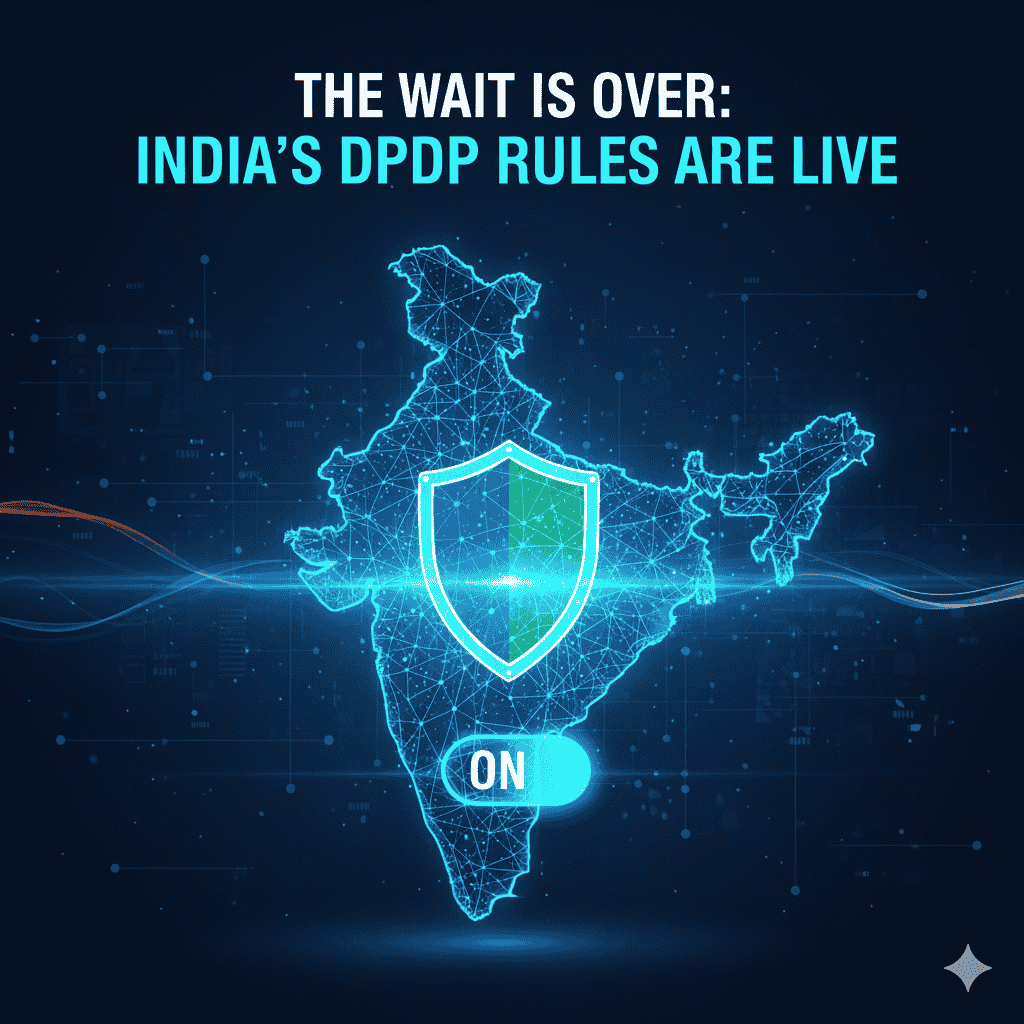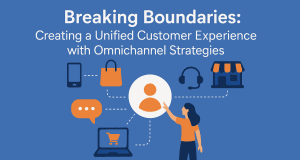Email marketing remains one of the most cost-effective ways to engage with customers, drive sales, and nurture leads. However, choosing the right email marketing software can be overwhelming given the plethora of options available, each boasting unique features and pricing plans. In this article, we’ll break down some of the leading email marketing tools, helping you find the right fit for your business.
Understanding Your Needs
Before diving into the features of specific tools, it’s crucial to assess your own needs. Consider the following:
- Audience Size: How many subscribers do you plan to target?
- Feature Requirements: Do you need automation, segmentation, or advanced analytics?
- Budget: What’s your budget for email marketing?
- User Skill Level: Are you a beginner, or do you have experience with digital marketing tools?
Leading Email Marketing Tools
1. Mailchimp
Overview: Mailchimp is one of the most recognized names in email marketing. It offers a user-friendly interface and a range of features suitable for both beginners and experienced marketers.
Pros:
- Free plan available for up to 500 subscribers
- Extensive template library
- Comprehensive analytics and reporting features
Cons:
- Costs can escalate with larger subscriber lists
- Limited automation features on lower-tier plans
Best For: Small businesses and startups looking for an easy entry into email marketing.
2. Constant Contact
Overview: Known for excellent customer support, Constant Contact is ideal for small to medium-sized businesses that require straightforward tools for email marketing.
Pros:
- Good deliverability rates
- Wide range of integrations
- Event management features
Cons:
- Pricing can be less competitive compared to others
- Limited customization options for templates
Best For: Businesses focused on customer support and event promotion.
3. HubSpot
Overview: HubSpot’s Marketing Hub includes a robust email marketing tool integrated with its CRM, making it a powerful choice for businesses focused on inbound marketing.
Pros:
- Seamless integration with HubSpot CRM
- Advanced automation capabilities
- Comprehensive analytics
Cons:
- Can be pricey, especially for larger teams
- Steeper learning curve for new users
Best For: Businesses looking for a complete marketing solution that includes CRM capabilities.
4. Sendinblue
Overview: Sendinblue offers a unique pay-as-you-go pricing model, allowing businesses to pay for the number of emails sent rather than the number of subscribers.
Pros:
- Affordable pricing plans
- Robust automation and segmentation features
- SMS marketing capabilities
Cons:
- Limited template designs
- Analytics could be more detailed
Best For: Companies looking for cost-effective, flexible options for email and SMS marketing.
5. ActiveCampaign
Overview: ActiveCampaign blends email marketing with powerful automation features, making it suitable for businesses with more advanced needs.
Pros:
- Excellent automation and marketing segmentation features
- Comprehensive CRM functionalities
- Strong customer support
Cons:
- More complex interface may not appeal to beginners
- Pricing can be higher for advanced features
Best For: Businesses wanting sophisticated automation for customer journeys and detailed analytics.
Conclusion: Making the Right Choice
When choosing email marketing software, it ultimately comes down to your business’s specific needs and goals. Evaluating factors like audience size, required features, budget, and user experience will help narrow down your options.
Take advantage of free trials and demo versions where available to test the functionality and usability of the software. Remember, the right email marketing tool should align with your marketing strategy and drive customer engagement effectively.
In the world of email marketing, the right software can make all the difference. Choose wisely, and your campaigns will be poised for success!









